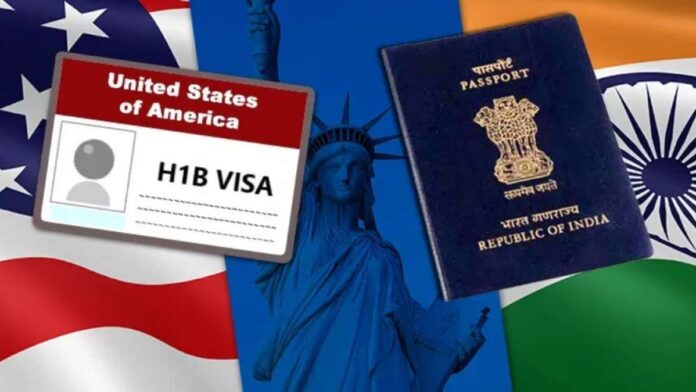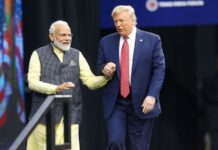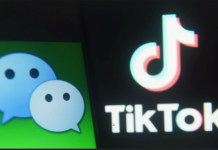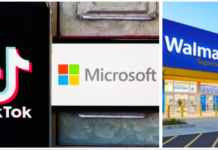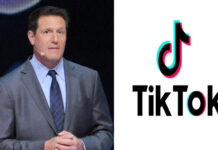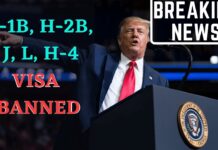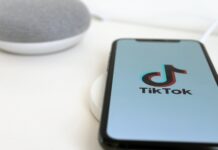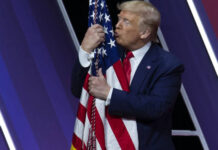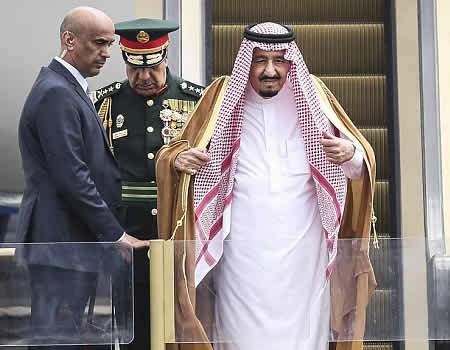The H-1B visa threat was looming large for some time, but US President Donald Trump sprang a surprise Monday by signing an executive order preventing federal agencies from contracting or subcontracting foreign workers from hiring. These are mainly those on H-1B visas.
Trump fast-tracked his order as federally-owned Tennessee Valley Authority’s (TVA) said it will outsource 20 percent of its technology jobs to companies based in foreign countries.
TVA’s move could have resulted in more than 200 highly-skilled American tech workers in Tennessee to lose their jobs to low-wage, foreign workers hired on temporary work visas.
One of the participants present during the signing of the new executive order told Trump that as many as 70 per cent of the H-1B visa goes to people from India.
The new executive order makes it mandatory for all federal agencies to complete an internal audit and assess whether only US citizens and nationals are appointed to the competitive service. As a result, the Department of Labour will also finalise guidelines to prevent H-1B employers from moving H-1B workers to other employers’ job sites to displace American workers.
The new order will affect Indian professionals in two ways: Those already employed on H1-B visas in federal services may find their contract cancelled; secondly, there would be no outsourcing by federal agencies. This will hit many Indian companies hard, especially in the pandemic times.
The H1-B threat had been hanging fire for over a month after the Trump administration in June 23 suspended the H-1B visas along with other types of foreign work visas until the end of 2020. This was done as the US economy was wobbling and unemployment soaring. It was a move to protect American workers in a crucial election year.
The H1B visas are most sought-after among Indian IT professionals. Basically, it is a non-immigrant visa that allows US companies to employ foreign workers in speciality occupations that require theoretical or technical expertise.
Major US technology companies depend on H-1B visa holders and hire a large number of them for two reasons – better domain knowledge and lower pay. The bulk of H-1B visa holders are either from India or China.
Read More President Donald Trump Or COVID Cannot Delay US Elections
“Today I am signing an executive order to ensure that the federal government lives by a very simple rule, higher American,” Trump told reporters in the Oval Office of the White House before signing the order against hiring H1B visa holders for federal contracts.
He said his administration will not tolerate firing hardworking Americans in the pursuit of cheap foreign labour.
“As we speak, we’re finalising the H-1B regulation so that no American workers be replaced ever again. H-1B should be used for top highly paid talent to create American jobs, not as inexpensive labour programmes and destroy American jobs,” Trump said as he was accompanied by leaders campaigning against job outsourcing.
Among the top anti-outsourcing lobby were Sara Blackwell, founder and president of Florida-based Protect US Workers organisation; Jonathan Hicks, a software engineer in the Tennessee Valley Authority; and Kevin Lynn, founder of Pennsylvania-based US Tech Workers.
The White House later issued a statement saying outsourcing hundreds of workers is especially detrimental in the middle of a pandemic, which has already cost millions of Americans their jobs.
Given the current climate of rampant intellectual property theft, outsourcing IT jobs that involve sensitive information could pose a national security risk, it said.
The statement added that Trump’s actions will help combat employers’ misuse of H-1B visas, which were never intended to replace qualified American workers with low-cost foreign labour.
Trump said he favours a merit-based immigration system that brings in high-skilled people that creates jobs inside the US and not take jobs from Americans.
“We are going to be discussing very shortly an immigration bill, which covers this and many other things. It will be a very, very comprehensive bill. It’s a word that some people love, and some people hate. But it’d be very comprehensive only in the sense that it covered just about everything. It will be based on merit. It will cover territory that nobody would have thought could have ever been agreed to,” Trump said.






























